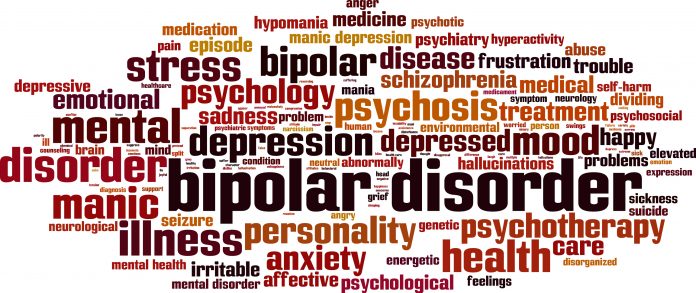Bipolar Disorder is a chronic psychiatric disorder. It affects the state of your mood. Often at times it includes manic highs and depressive lows. Usually the disorder begins in younger adults. Bipolar disorder can also develop in older adults and seniors. Many of those with this disorder have a decreased quality of life due the inability to function. They also have thoughts of suicide. During their working years, adults with bipolar disorder often have financial problems and they may struggle to hold down a job for very long.
What are the symptoms of bipolar disorder in seniors?
Bipolar symptoms in older adults and seniors quite often differ from those in younger people. They can include:
- Agitation and irritability, constant fidgeting
- Memory problems
- Confusion and psychosis
- Loss of perception, judgement and difficulty with solving problems
- Hyperactivity
- Lack of interest in daily activities.
- Feeling as if everything is slowed down.
- Numerous physical symptoms. This could include unexplained pain and gastrointestinal problems.
- Becoming overly demanding and having outbursts of anger for no reason.
Quite often these symptoms are thought of as the normal signs of aging. Side effects from some medications for dementia, Alzheimer’s disease and others can mimic the symptoms of bipolar disorder. If you notice any of these behaviors in a loved one, the first step is to have them see their healthcare provider.
What are the effects of bipolar disorder in seniors?
- Impaired cognitive function involving memory, planning and decision making
- Malnutrition
- Inability to tolerate pain
- Overly vigilant attention paid to bodily functions. This results in normal ailments thought of as dire chronic diseases.
- Decreasing ability to function normally and take part in daily activities
- Over use of health services
- Risk of mortality from suicidal thoughts
There are treatment options available for older adults and seniors who develop bipolar disorder. These include anti-psychotic medications. There are medications that may stabilize moods. Older adults often have trouble metabolizing drugs. There are other options such as psychotherapy have been looked at. Treatment is often the same as for younger patients. However, there are alternative therapies that should be discussed with your doctor in order to maintain your health.
.























